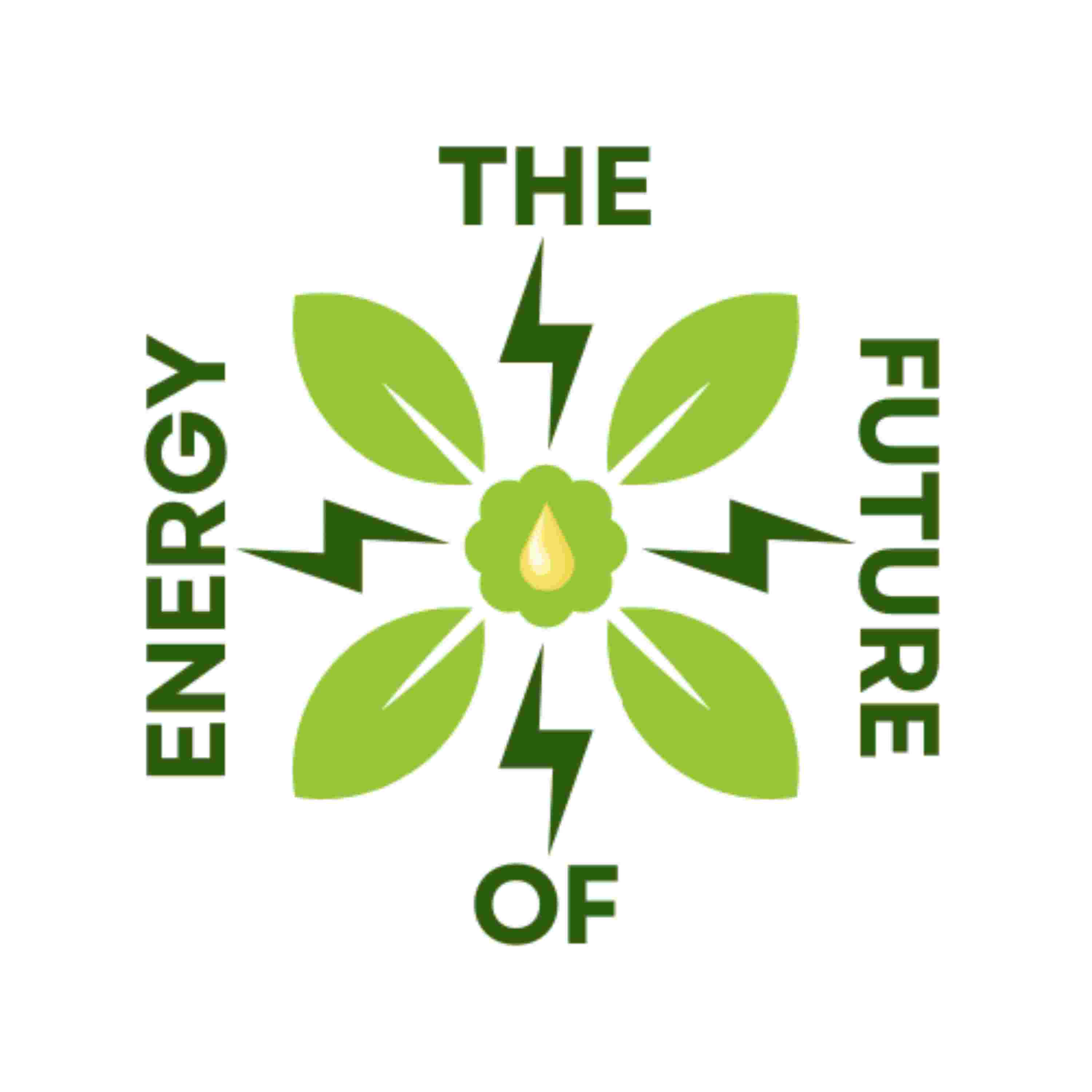

While clean energy goals are critical, environmental groups have expressed their concerns around the environmental damage that would occur as a result of an increase in mining in the U.S. In addition to the lasting environmental harm, mining activities disproportionately affect Indigenous communities. According to a notable MSCI study, many of the transition mineral deposits in the U.S. are located near or within culturally or environmentally important areas to Indigenous Peoples. ” A recent study published in Nature Sustainability found that 54% of mining projects globally are located on or near Indigenous Peoples’ lands. In the United States, 79% of lithium, 68% of cobalt, 97% of nickel, and 89% of copper reserves and resources in the U.S. are located within 35 miles of Native American reservations. In our final episode of season two we get an opportunity to talk to two graduate students at the Colorado School of Mines from Native American communities, Kiara Billy and Alex Brunson. Their stories, like those of so many others in our podcast are fascinating and instructive.Stay tuned for season three with more perspectives on the Future of Energy.References . https://iasj.org/shifting-gears-part-ii-indigenous-peoples-rights-and-mining-in-the-u-s/#:~:text=In%20fact%2C%20%E2%80%9C97%25%20of%20nickel%2C%2089%25%20of%20copper%2C,located%20within%2035%20miles%20of%20Native%20American%20reservations.%E2%80%9D